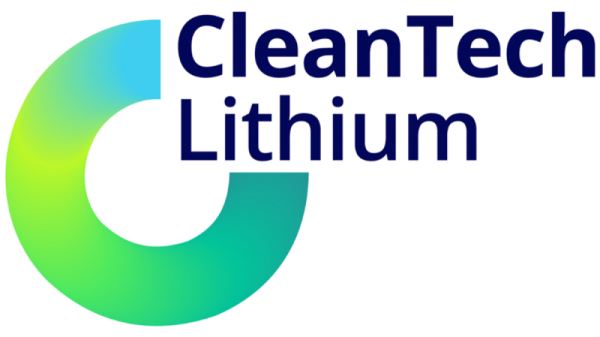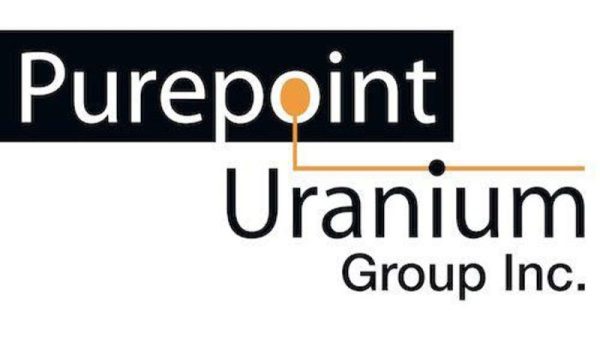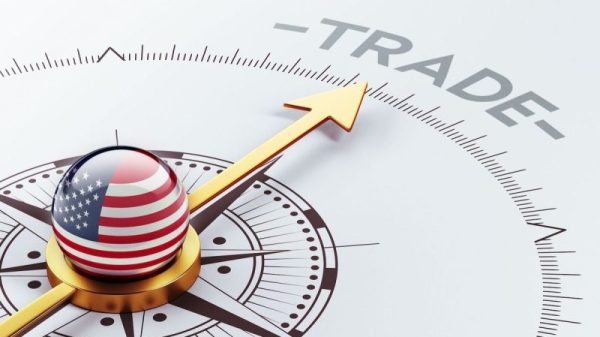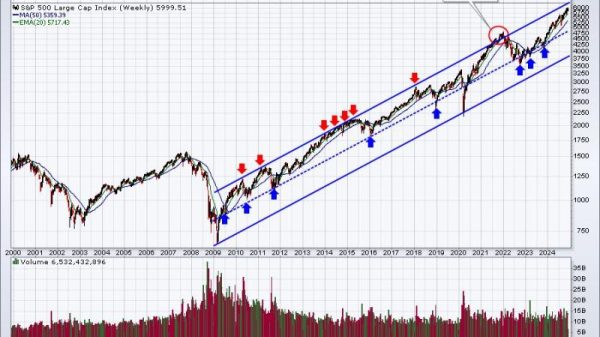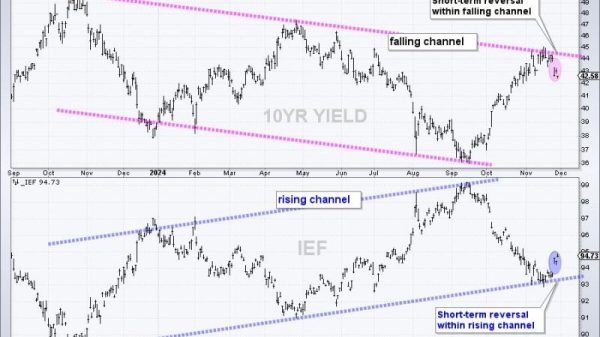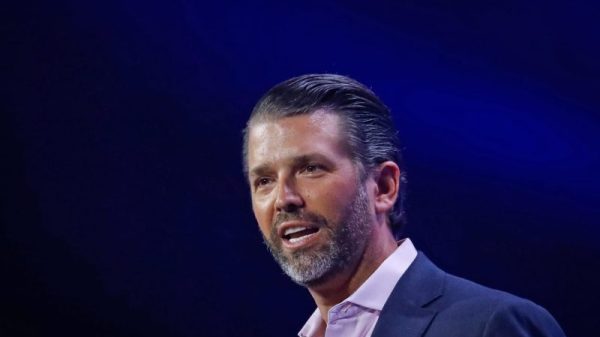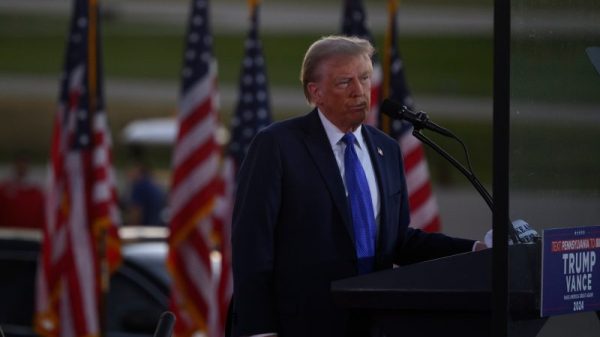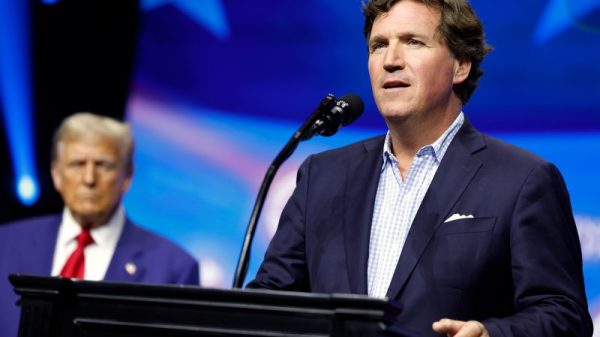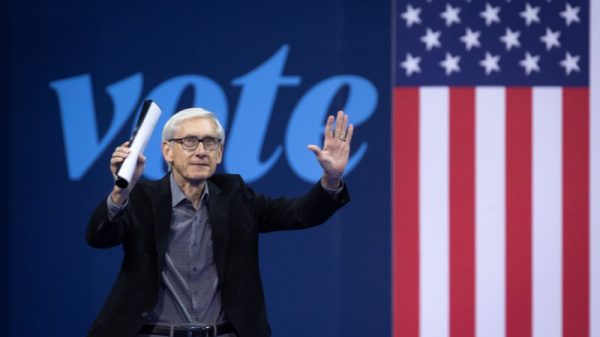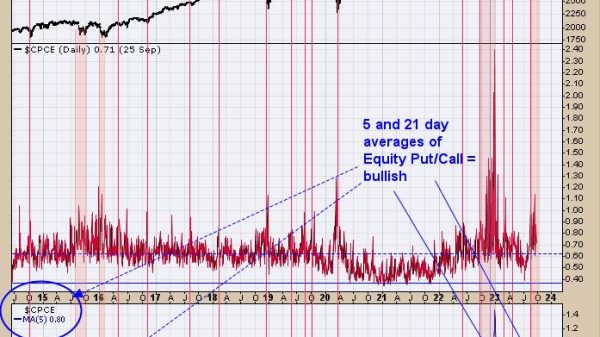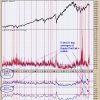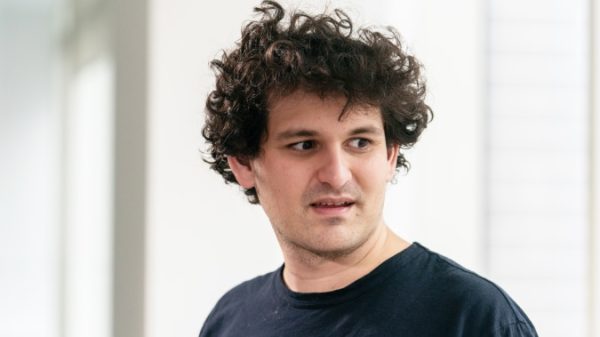If there are two things that any American who has been within three feet of a news source over the past seven years can identify as central to Donald Trump’s worldview, they are these:
Russia did not interfere in the 2016 presidential election — or maybe it did, or maybe someone else did — but regardless, it didn’t matter, and Trump won on the strength of his own personal skills, andTrump’s loss in the 2020 election was not a function of his personal failures but, instead, of systems rigged against him in the abstract or directly altered to his detriment.
It’s very much in keeping with his view of Republican results in the 2022 midterms, articulated to NewsNation last year: “I think if they win, I should get all the credit. If they lose, I should not be blamed at all.” The 2016 election was all him, all his success; 2020 was all a function of the deep state or elites or whoever constructing a fraudulent simulacrum of democracy.
There’s just one problem. Trump’s incessant, false claims that the 2020 election was stolen from him — the claims that led his allies to try to subvert the electoral college vote and sparked angry rioters to storm the Capitol — triggered a federal indictment obtained by special counsel Jack Smith centered on his attempt to subvert his loss.
So in a court filing this week, his attorneys tried a novel argument. It wasn’t really Trump’s fault that people thought the election might have been subverted, they asserted. It was instead at least in part a function of the Russian interference effort in 2016.
You know, that thing that Trump often likes to describe under the umbrella term “the Russia hoax.”
Politico’s Kyle Cheney picked out this little irony from the filing. The document centers on efforts by Trump’s legal team to obtain material that they believe would be useful for their defense. Among them is the classified version of an Intelligence Community Assessment (ICA) titled, “Assessing Russian Activities and Intentions in Recent US Elections.” This document, an unclassified version of which was made public shortly before Trump took office, assessed the scale of Russia’s efforts to influence the 2016 contest and American politics more broadly.
Why this document? The attorneys argue that “information relating to a ‘significant escalation’ of foreign influence in the 2016 election motivated then-President Trump and his Administration to focus on foreign influence and cyber risks, as reflected in Executive Order 13848, and to be skeptical of claims about the absence of foreign influence in the 2020 election.”
Executive Order 13848 was signed by Trump in September 2018, shortly before the first federal election after the 2016 contest in which Russia had sought to play such a significant role. There’s no mention of Russia specifically in the document, and there’s no indication that the executive order was a product of Trump’s deep-seated interest in combating Russia’s actions. Instead, it’s a broad tool set focused on enabling the government to respond to generic similar actions. Soon after the 2018 midterms, the Justice Department announced that no significant interference had been seen in the contest. It also insisted that “Efforts to safeguard the 2020 elections are already underway.”
But you see why this is useful to Trump’s team. Here’s a document suggesting that there was a risk from foreign interference — something that would understandably make Trump worried about 2020, at least in theory.
One of the more frustrating moments for Trump in the wake of the 2020 election was when his administration’s Cybersecurity and Infrastructure Security Agency (CISA) and other agencies announced on Nov. 5, 2020, that there was “no evidence that any voting system deleted or lost votes, changed votes, or was in any way compromised” during the presidential contest. Trump responded on social media, insisting that the statement was “highly inaccurate, in that there were massive improprieties and fraud.” There was no evidence for Trump’s claim, since it was not true. But this is the sort of “skeptical” response his lawyers have to address.
Now watch how they spun it as they demanded the classified ICA.
“Whereas the Special Counsel’s Office falsely alleges that President Trump ‘erode[d] public faith in the administration of the election,’” they write, “the 2016 Election ICA uses strikingly similar language to attribute the origins of that erosion to foreign influence — that is, foreign efforts to ‘undermine public faith in the US democratic process.’”
Sort of. The unclassified version of the ICA actually makes a more specific claim: that “Russia’s goals were to undermine public faith in the US democratic process, denigrate Secretary [Hillary] Clinton, and harm her electability and potential presidency.”
It continues: “We further assess Putin and the Russian Government developed a clear preference for President-elect Trump.”
Trump’s attorneys didn’t mention that part.
Having the full ICA, the attorneys continue, will provide “the detailed information supporting [its] conclusions … in order to demonstrate to the jury that [Trump] did not create or cause the environment that the prosecution seeks to blame him for.”
Again, the environment Trump is being “blamed for” is stoking the idea that the 2020 election was tainted by fraud. Like the claim he made in response to CISA rejecting the idea that there was no interference in 2020. Like the claims he has made incessantly since.
The ICA language doesn’t assert that Russia succeeded in creating this environment of skepticism, mind you, just that it was sought. To the extent that the effort to introduce skepticism was successful, it almost certainly was overwhelmingly among those who wanted Trump to lose in 2016, not his supporters. Trump’s critics still assert that his victory was a function of Russia’s interference; his supporters, echoing his insistences, long argued that Russia did nothing at all, or that their efforts had no effect. The fact that Trump supporters responded to 2020 by insisting that there was an environment of eroded confidence in the election was very obviously not because they had lost confidence because of Russia’s 2016 efforts. It was because of Trump.
But you work with what you’ve got. Trump didn’t go out of his way to hold Russia to account for what happened in 2016, even denying two months before Executive Order 13848 (while standing next to Russian President Vladimir Putin) that Russia had interfered at all. Now, though, the idea that he, his administration and his supporters were riddled with questions about the sanctity of American elections is a useful means of defending himself against federal criminal charges.
So now, it seems, he’s at last willing to concede that Russia interfered. Or at least, his attorneys are.

